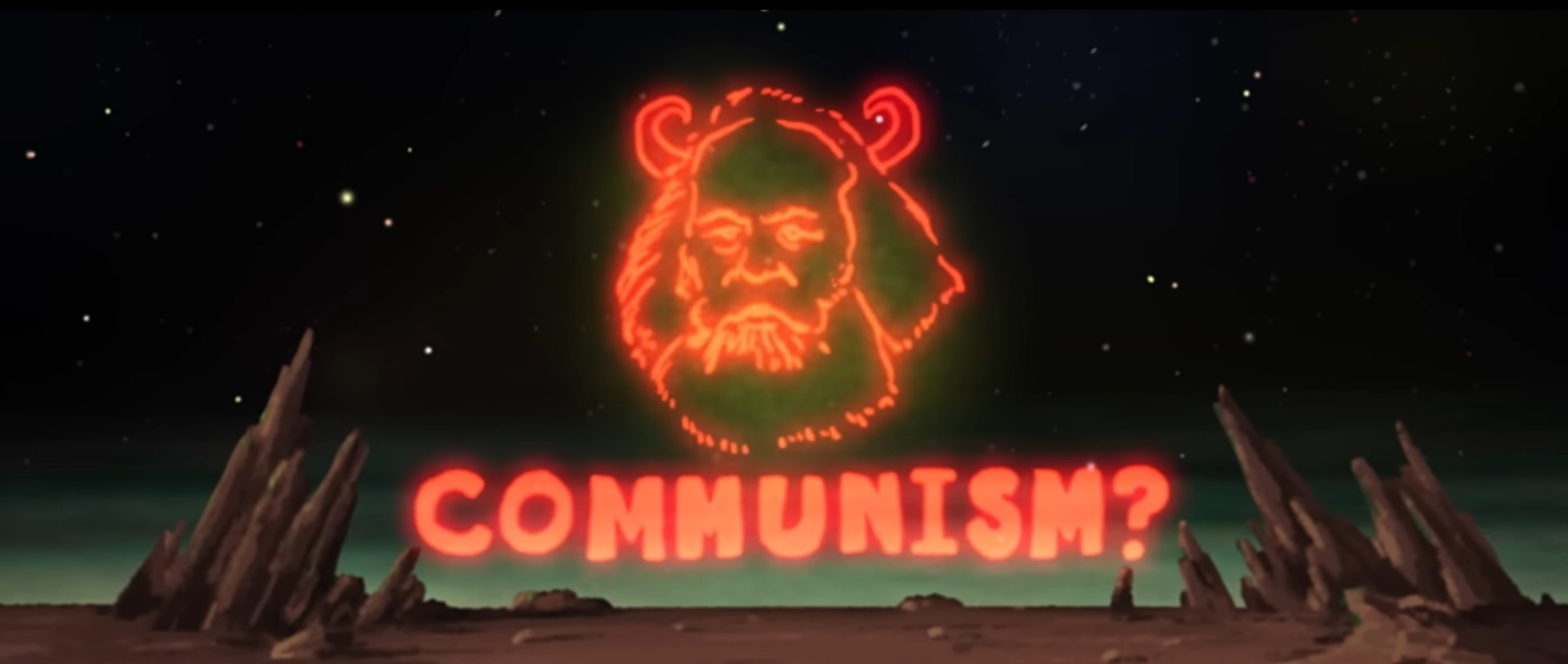

I’m not the person who you responded to.
I’m talking about the targeting of ethnically Russian Ukrainians in the eastern part of Ukraine (the Donbas region.)
There has been attacks against these people going on since 2014. Thousands upon thousands have died and more have been wounded in this low-grade civil war that became the prelude to the war between Russia and Ukraine.
Here’s a western article filtered through western intelligence describing the situation with some glaring oversights, namely that there has been ultranationalist paramilitary forces operating in the Donbas (Azov, Right Sector, C14, National Militia, OUN et al.) with tacit approval from the Ukrainian government since 2014 and that civilian targets have been routinely been used by the military and the paramilitary groups.
Here’s a short article written by a former USAID officer (!) published by The Atlantic Council (!!) that describes the problem with far-right militias in Ukraine, just so there’s no accusations of bias from me in this discussion.
They’ve literally been targeting civilians who are of the “wrong” ethnicity for nearly a decade now. If that doesn’t count as an attempted genocide, I don’t know what would.
Also that’s some cheap framing of the discussion btw. Fascism isn’t “don’t play defence”. I take it that you have gotten your picture of fascism from a particular, well-known YouTube series. If so, that series is critically flawed and it does a bad job of defining fascism and how it functions. But that’s a different discussion altogether.


Neocolonialism in the streets, social welfare in the sheets. Social democracy is neither democratic nor social (except if we’re talking about socialising the rampant exploitation of the developing world, I guess?)